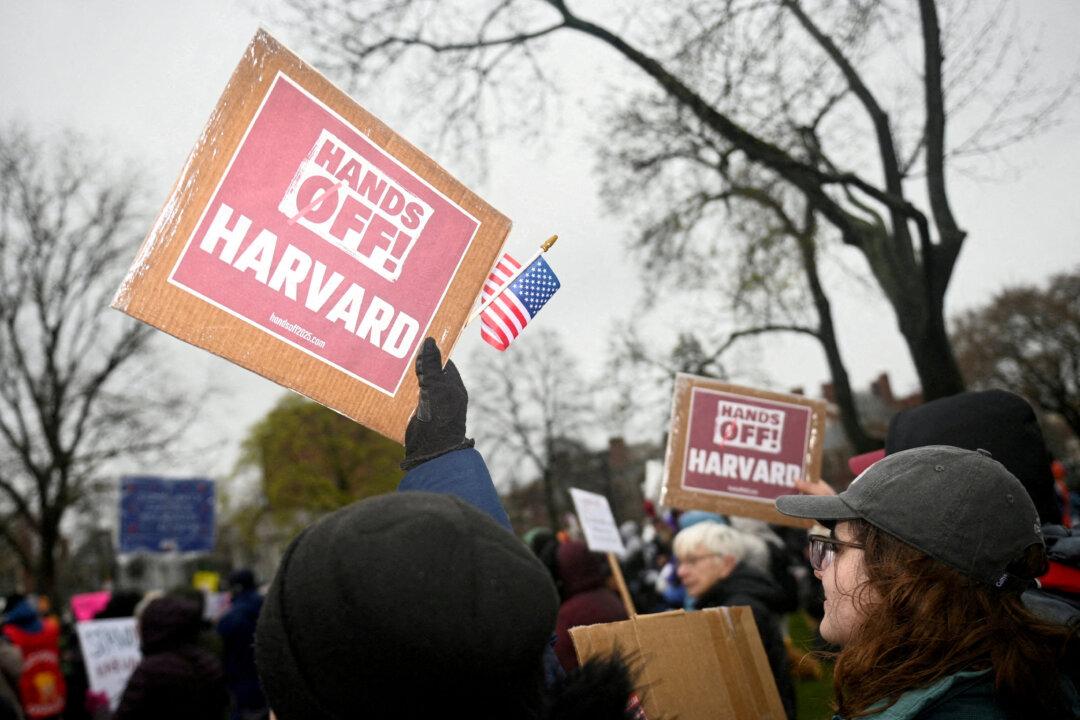The U.S. Food and Drug Administration (FDA) this week floated a plan to cap nicotine levels in order to make cigarettes and other tobacco non-addictive, although such a decision would have to be made by President-elect Donald Trump when he returns to the White House.
The agency said it would propose the rule in a bid to “reduce the addictiveness of these products, thus giving people who are addicted and wish to quit the ability to do so more easily.”
“The proposed product standard is anticipated to benefit the population as a whole. For example, it would help to prevent people who experiment with cigarettes and cigars from developing addiction and using combusted tobacco products regularly,” the agency stated.
Trump and his health department nominees have not commented on the measure, but a similar effort led by Trump’s first FDA commissioner, Dr. Scott Gottlieb, was sidelined during Trump’s first term in office. Trump has named Robert F. Kennedy Jr. to lead the Department of Health and Human Services, Dr. Janette Nesheiwat, a New York medical director, to be his surgeon general, and Johns Hopkins University surgeon Marty Makary to lead the FDA.
In the proposal, the FDA said its researchers have spent years studying the matter, saying that cutting out nicotine would help about 13 million people who are currently smoking quit within a year. It also said that about 48 million more people would never start smoking because it would render cigarettes non-addictive, the FDA projected.
He said that if the action is finalized, it “could save many lives and dramatically reduce the burden of severe illness and disability, while also saving huge amounts of money.”
“I hope we can all agree that significantly reducing the leading cause of preventable death and disease in the U.S. is an admirable goal we should all work toward,” he said.
In 2019, the FDA authorized a cigarette that contains 95 percent less nicotine than standard cigarettes, and it has sponsored studies showing that when smokers switch to very low-nicotine cigarettes, they smoke less and are more likely to try quitting.
Smoke from cigarettes is estimated to cause more than 480,000 deaths per year nationwide, or “nearly one in five deaths” reported, the federal health agency says. Cigarette smoke has long been linked to cancers, heart disease and stroke, lung diseases such as COPD, Type 2 diabetes, and more.







